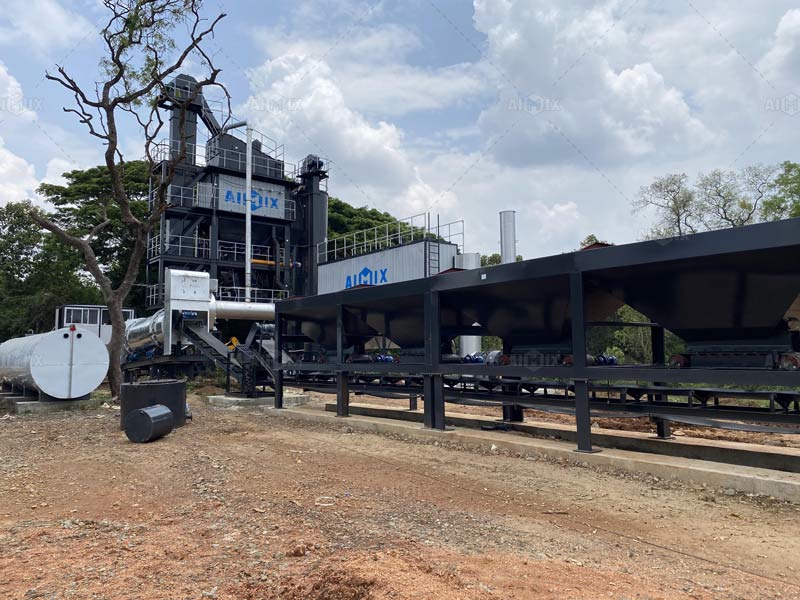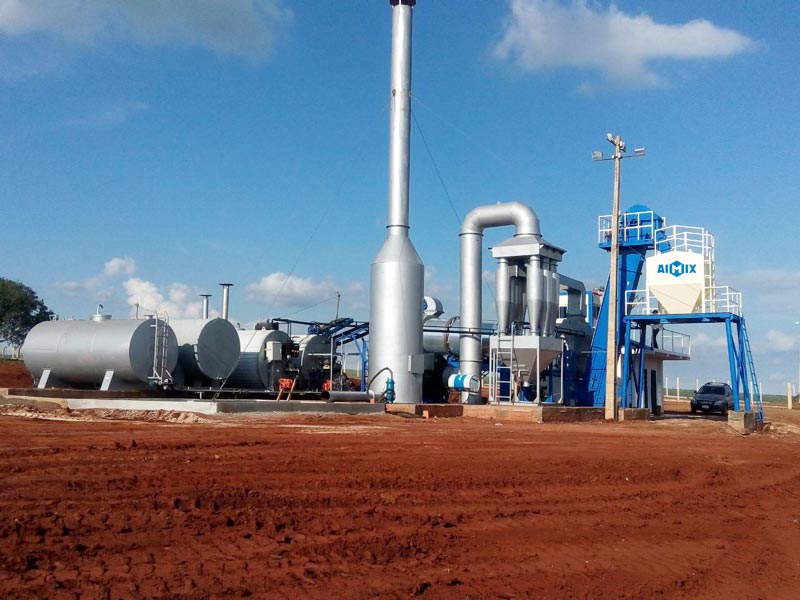Running an asphalt plant efficiently is crucial for producing high-quality asphalt while maintaining profitability. Whether it’s a large-scale asphalt mixing plant or a smaller mini asphalt plant, certain common mistakes can significantly impact production efficiency and product quality. Identifying these pitfalls and understanding how to avoid them can save operators time, resources, and ensure the smooth running of their plants. This guide will explore some frequent errors encountered in the operation of asphalt plants and provide strategies to evade them, ensuring your investment in an asphalt plant for sale yields the best possible returns.
Inadequate Maintenance Practices
The Pitfalls of Neglecting Routine Checks
One of the most detrimental mistakes made in the operation of asphalt plants(planta de aglomerado) is neglecting regular maintenance. Proper upkeep is essential to keep the machinery running smoothly and to prevent unexpected breakdowns that can lead to costly downtime.
Implementing a Proactive Maintenance Schedule
To avoid this, ensure that a comprehensive maintenance schedule is firmly in place. This should include regular inspections, timely replacement of worn-out parts, and immediate attention to any issues that arise. Training staff on the importance of maintenance and the basics of troubleshooting can also go a long way in preventing extended downtimes.

Mismanagement of Material Inventory
The Balance Between Supply and Demand
Another common error is the mismanagement of raw material inventory, leading to either surplus or deficit. An excess of materials can tie up funds unnecessarily and take up valuable storage space, while a shortage can halt production altogether.
Streamlining Inventory Management
Implementing just-in-time inventory practices can help manage supplies more efficiently, ensuring that materials are ordered and delivered as needed based on production schedules. Additionally, leveraging technology for inventory management can provide accurate and real-time data to make informed decisions. And you can check this website for more information: https://aimixgrupo.com/planta-mezcladora-de-asfalto

Overlooking Environmental Regulations
The Risk of Non-Compliance
Ignoring or underestimating the importance of environmental regulations is a mistake that can have severe consequences for installed asphalt plants. Non-compliance can result in hefty fines, legal challenges, and damage to the company’s reputation.
Prioritizing Environmental Compliance
Staying up-to-date with local and federal environmental laws and investing in green technologies can mitigate these risks. Measures such as installing emissions control systems and incorporating recycled materials into the asphalt mix not only ensure compliance but can also improve operational efficiency.
Underestimating the Importance of Operator Training
The Impact of Untrained Personnel
The complexity of operating an asphalt plant, whether it’s a full-scale asphalt mixing plant or a mini asphalt plant(planta de asfalto pequeña), requires skilled personnel. Inadequate training can lead to operational inefficiencies, safety hazards, and poor-quality asphalt.
Investing in Comprehensive Training Programs
Offering regular training sessions and workshops for all levels of personnel can enhance skill sets and ensure that the team is capable of handling the plant’s operations effectively. Emphasizing safety, efficiency, and quality control in these programs can significantly reduce errors and improve productivity.
Conclusion
Mistakes in managing an asphalt plant can be costly and detrimental to its success. However, by prioritizing maintenance, managing materials wisely, adhering to environmental regulations, and investing in employee training, operators can avoid these common pitfalls. Whether you are looking to purchase a new asphalt plant for sale(nueva planta asfalto venta) or optimize the operations of an existing one, understanding these potential issues and implementing strategies to counteract them is essential for achieving operational excellence and sustainability in the competitive asphalt production industry.